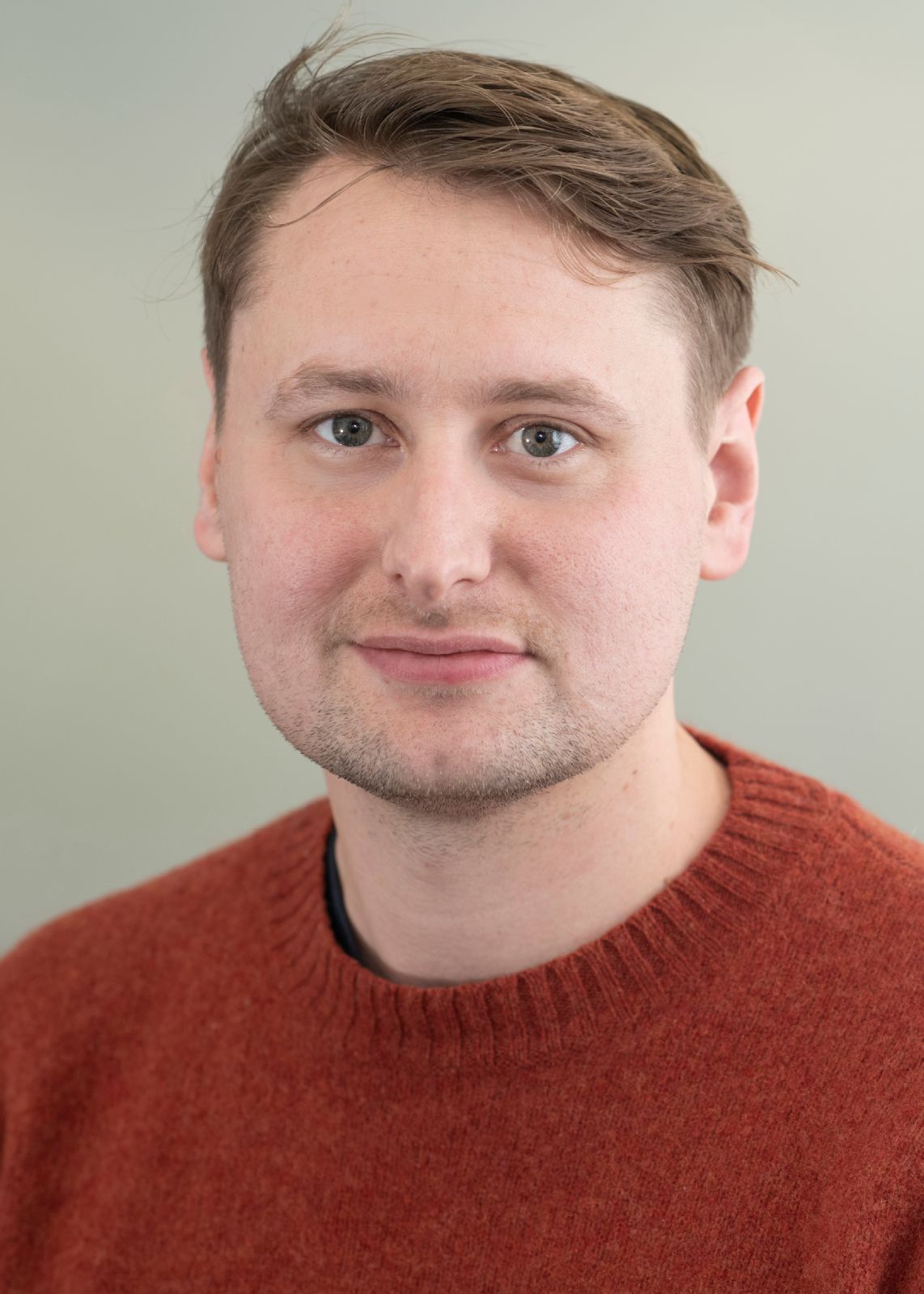Dr Richard Puxty

Assistant Professor
Email: R.Puxty@warwick.ac.uk
Phone: 024 7615 0373
Lab website
Office: B177
Twitter: @RichardPuxty1
Research Clusters
Microbiology & Infectious Diseases
Quantitative Systems & Engineering Biology
Warwick Centres and GRPs
Vacancies and Opportunities
For PhD and postdoctoral opportunities, and interest in potential collaborations, please contact me at the above email address.
Research Interests
Microbes catalyse the majority of biogeochemical transformations of elements on Earth. They also encompass the vast majority of our planet's genetic potential. My lab focuses on characterising this genetic potential in bacteria. Particularly we are interested in how bacteria acquire the resources they need to grow and to stave off predation by viruses?
Research: Technical Summary
Microbes catalyse the majority of biogeochemical transformations of elements on Earth. They also encompass the vast majority of our planet's genetic potential. My lab focuses on characterising this genetic potential in bacteria. Particularly we are interested in how bacteria acquire the resources they need to grow and to stave off predation by viruses?
- BSc, Marine Biology with Oceanography, University of Southampton 2009
- MSc, Marine Biology, University of Southampton 2010
- PhD, University of Warwick, 2014
- Research Fellow, Univeristy of California, Irvine, 2014-2016
- Research Fellow, Univeristy of Warwick, 2016-2020
- Assistant Professor, Univeristy of Warwick, 2020-
